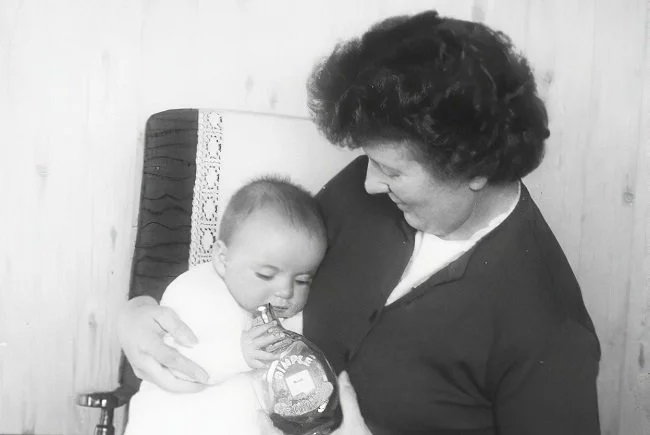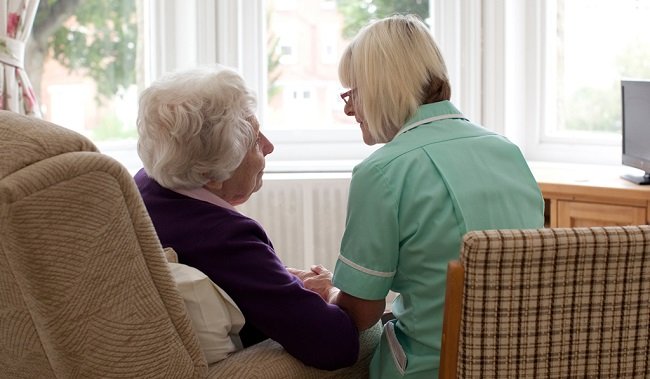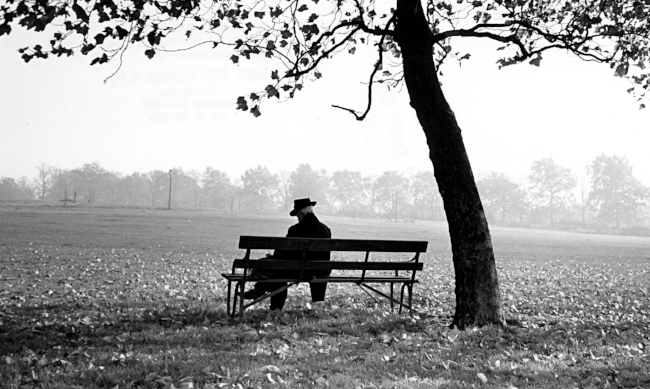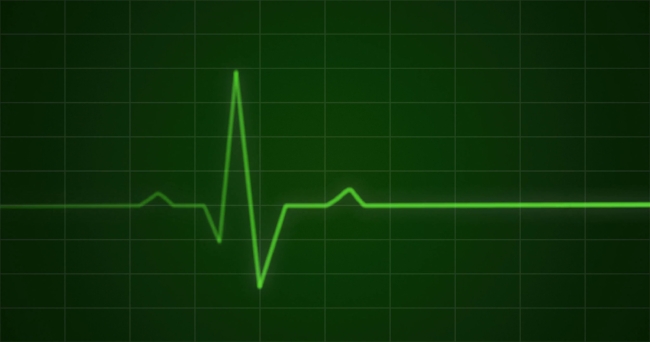Caring for the Elderly Part 15
In this latest post I wish to discuss hospital admissions and how they can become a regular occurrence when caring for the elderly. Being immobile, losing agency with respect to one’s personal hygiene and being dependent on medical equipment can lead to health related problems, irrespective of good home care. For example, my late Father had limited mobility and spent most of his day sitting. Hence, he used a memory foam cushion to protest against pressure sores. He also slept in a hospital bed equipped with an air mattress for similar reasons. Despite having attentive carers twice a day, he was subject to regular skin complaints due to his diet (he was fed via a PEG tube) and lack of sunlight. Perhaps the biggest source of problems came from being catheterised. Despite scrupulous cleanliness he would still regularly contract urinary tract infections. As a result hospital admissions were frequent.
For the elderly a stay in hospital is often a double edged sword. The focus of care is often upon the problem that was the cause of the admission. Sometimes this to the detriment of other secondary issues. Due to the rapid deterioration of my Mother’s mental state in early December, she was admitted to hospital on the 16th of that month to see if it could be determined what was the cause. Due to her lack of “capacity” she was taken against her wishes, which in itself was a very traumatic event for both her and our family. She spent two weeks in one hospital where it was discovered that she had COVID-19 but was asymptomatic. During that time staff did a multitude of tests to see if there was a physiological reason for her mental decline. None was found, thus making her diagnosis more likely to be dementia brought on by old age, She was then transferred to a second hospital for another two weeks and stayed on a geriatric ward. She was discharged on Monday 17th January.
The four week stay in hospital, over Christmas and New Year, has taken a heavy toll on my Mother. The change of environment, the disruption to her routine, the tests and fear of being in hospital without seeing a familiar face has left her even more fretful and suspicious. She has lost more weight, now being about 112 lbs. She has become even frailer and can no longer stand to use the Molift for transport to the commode. Hence she is now permanently bedbound and cannot feed herself without assistance. Something the hospital staff neglected to tell me until 30 minutes prior to her discharge. In many ways my Mother is the embodiment of that rather arbitrary adage “if you don’t use it, you lose it”. And although in the great scheme of things it’s not so important, several items that went into the hospital with my Mother have failed to come back with her. Such as her Pro Heel Boots that protect her feet, which cost £80.
The pandemic has certainly made hospital stays a lot more complicated and this has naturally had an impact on what staff can and cannot do. It is reasonable to bear this in mind when making any assessment about the overall virtues of a stay in hospital. But COVID-19 notwithstanding, I believe that some hospital stays for the elderly can be a major contribution to their ongoing decline. In my Mother’s case the staff focused on trying to determine the cause of her mental state to the detriment of her physical wellbeing. She may well be COVID-19 free but at a terrible cost to her overall health. Furthermore, as they haven’t found a physical reason for her decline in capacity, both the medical staff and social services do not feel inclined to pursue a mental health diagnosis. Put frankly, no one wants to use the term dementia. There seems to be a deliberate policy of using far more vague and nebulous medical terms such as delirium and confusion. Possibly because the term dementia immediately dictates a very specific and expensive course of action. One that social services and the NHS may be reluctant to take.
At present my Mother is back home and bed bound. She is still confused, hearing voices and talking to them. She is distressed and tearful a lot of the time. She has four care visits a day. Each one involves two carers. She is dependent upon them to eat and drink. Both my Sister and I have tried to get her to drink water at times outside of the care visits but she will not take anything from either of us, as she believes we are trying to do her harm. After three days there have already been several incidents of her not allowing the carers to help her. Hence we find ourselves as a family exactly back in the same situation we were in when she was admitted. Naturally I am monitoring the situation but if my Mother continues to not drink sufficiently and to neglect herself, she is likely to get ill and be admitted to hospital again. I’m not sure if she would survive another stay at the age of 91 and in her current physical and psychological condition.


















